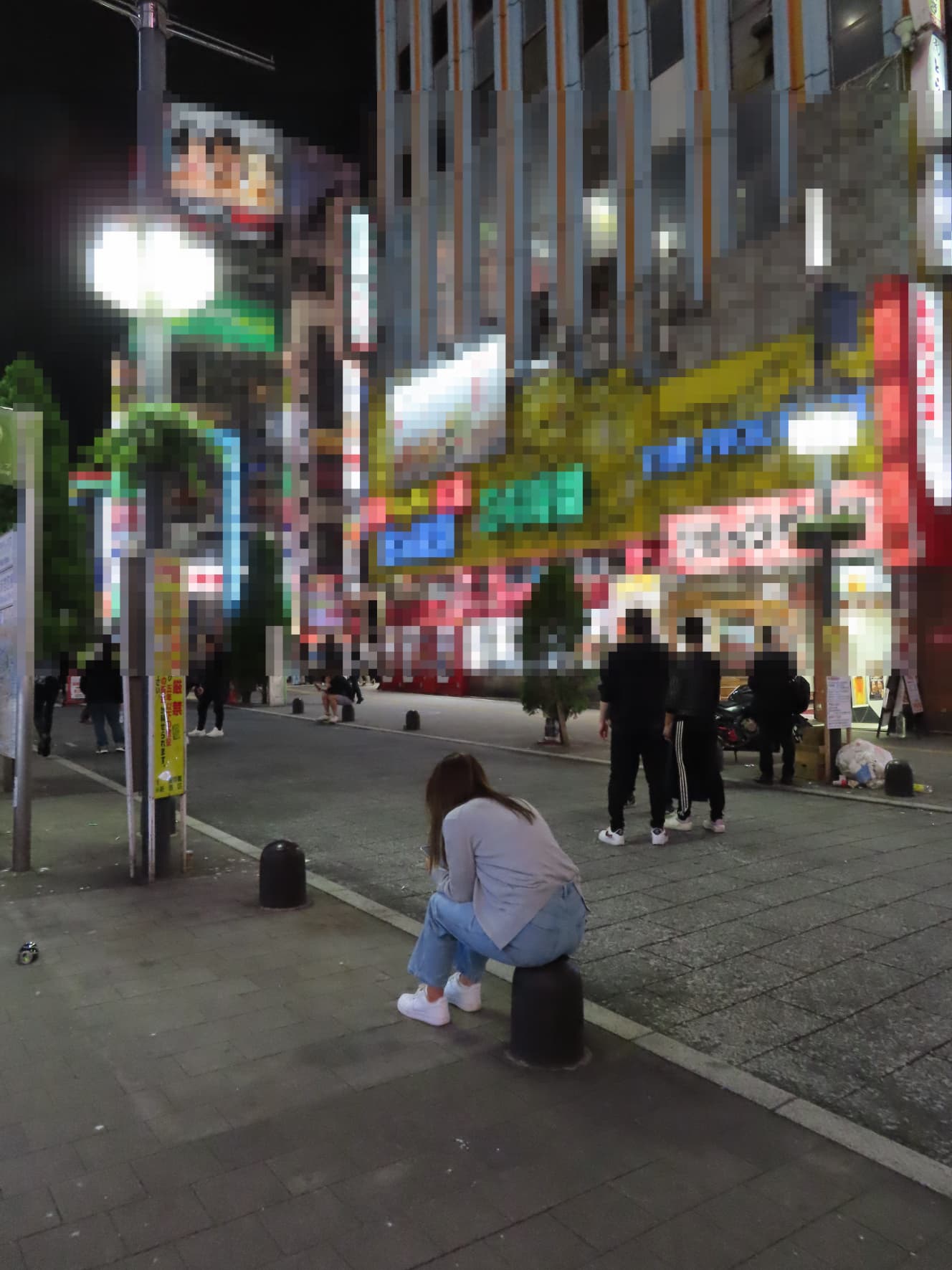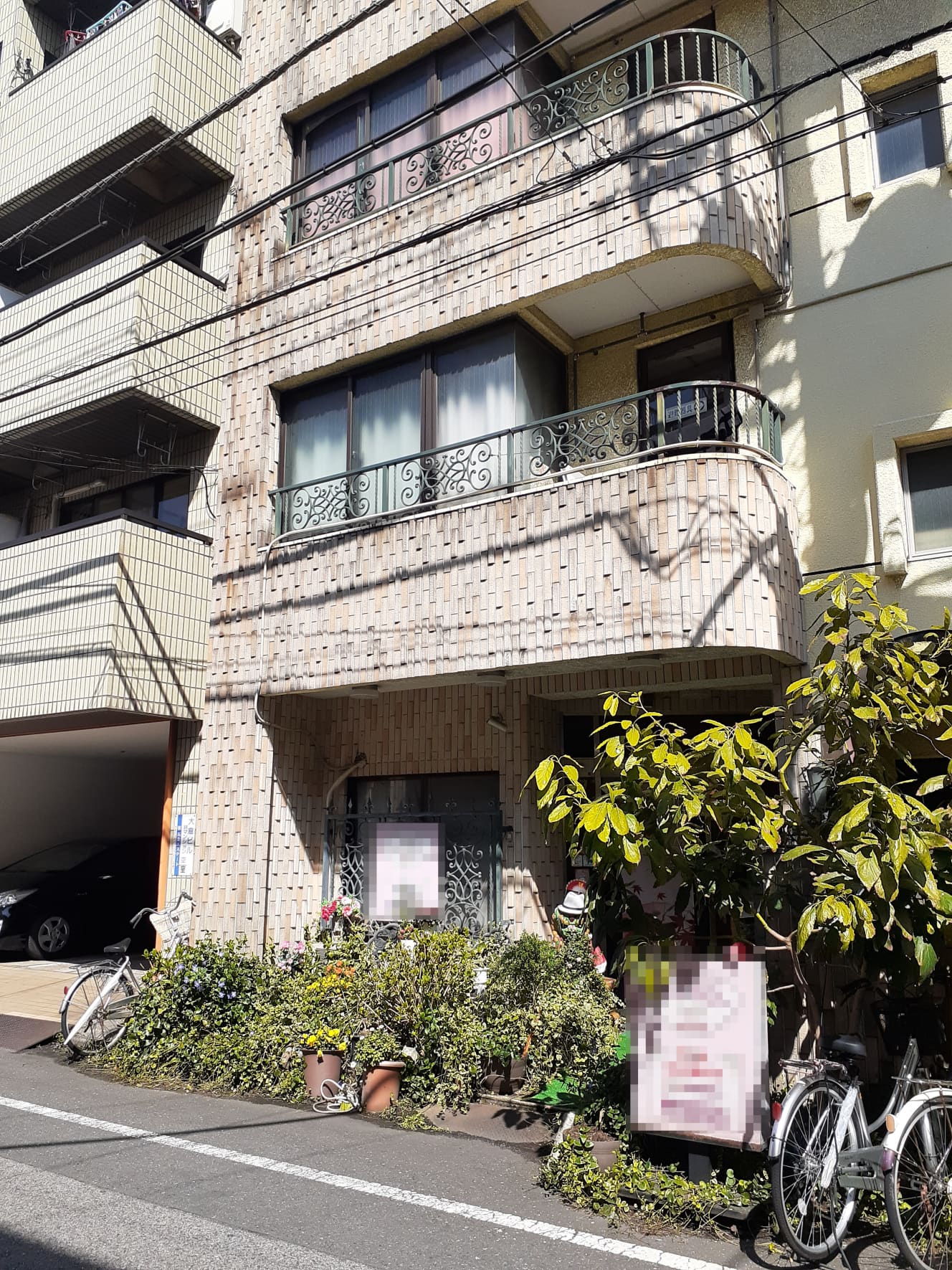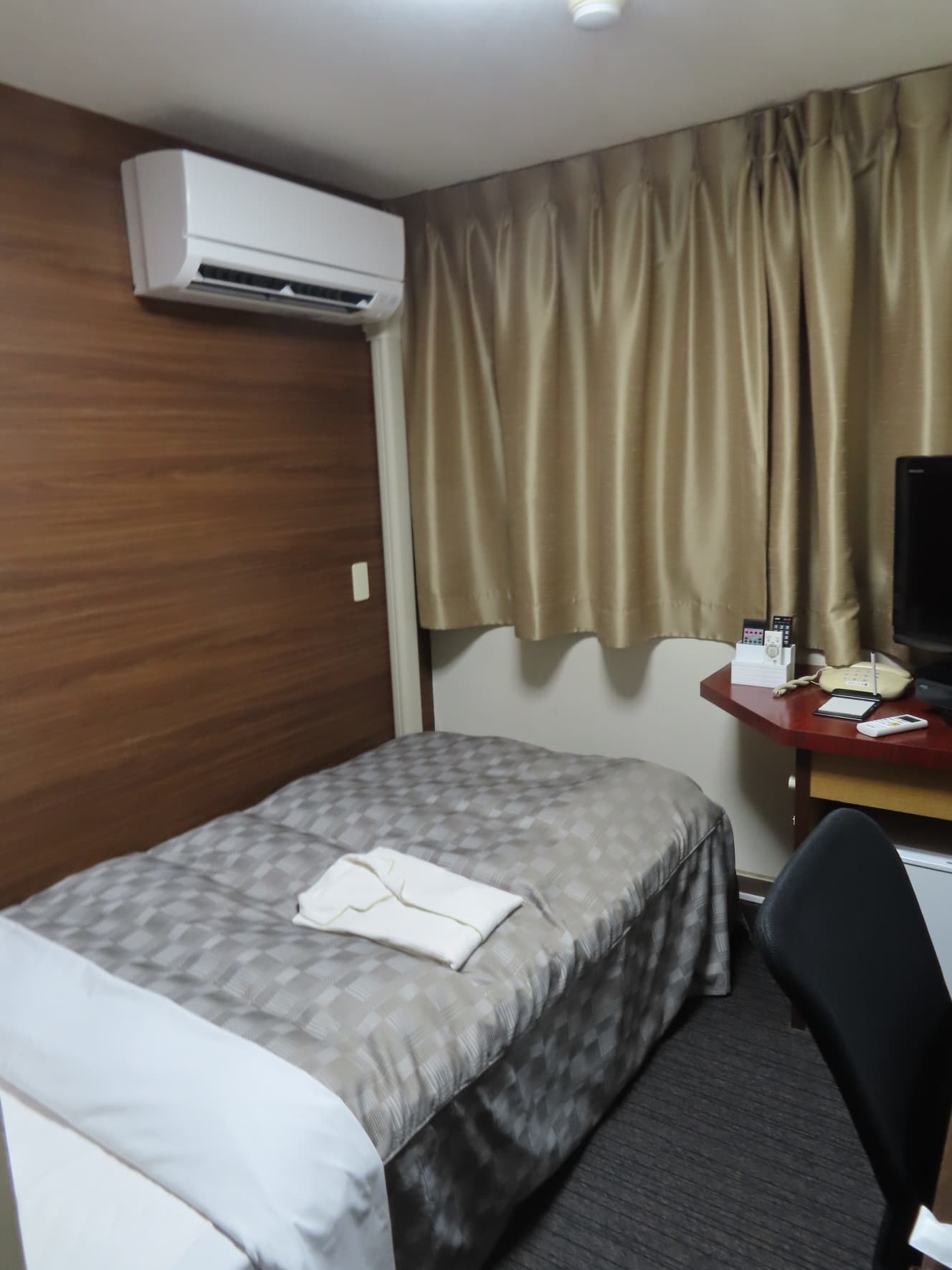Prostitution and Chatting…Unexpected Reasons Why Young Women “Move from One Business Hotel to Another
Nonfiction writer Kota Ishii takes a look at the reality of the "young homeless," the young people who have lost their homes!

In the past few years, an increasing number of young women have been living in business hotels while working as prostitutes.
There have always been a certain number of people living in business hotels. However, the number is said to have increased rapidly, triggered by the drop in hotel room rates following the spread of the new corona virus in 2008 and the closure of Internet cafes for a period of time.
An employee of a national chain business hotel said, “The Corona disaster devastated us.
There is no doubt that it was young people in their 20s who supported the business hotels in the downtown area that were devastated by the COVID-19 crisis. This caused public morals to be disturbed, with prostitution taking place in the hotels, semi-greys coming and going, and plainclothes policemen making rounds, but at the time it was an important source of income, so we were unable to kick them out. Today, the coronation has subsided a bit and the situation is different, but there are still quite a few people living from one business hotel to another.”
Young women are drifting from one business hotel to another. What is the darkness that these women are carrying?
The “Young Homeless” series follows young people without homes. This time, we would like to shine a light on these women.
The Hotel’s Idea of Accepting Young People

Shortly after the spread of the new corona infection began in earnest, business hotels were hit hard in Shinjuku’s Kabukicho district. They were losing inbound and tourist customers and were falling on hard times across the board.
At that time, national chain business hotels not only drastically discounted their rates, but also aggressively offered services such as day use (use during the daytime). Ostensibly, this was to promote business use for those who could not telecommute, but in reality, it was to attract people who were using the hotels for adultery or had other circumstances that prevented them from staying at home.
A man who was working full-time at the business hotel at the time recounts the following story.
Since the first emergency was declared, Internet cafe refugees and children who had been kicked out of cabaret club dormitories had been streaming into the business hotels. Sometimes hosts and other young kids rented the rooms for party purposes. Young people were said to be asymptomatic, so it was easy for them.
The hotels were quick to notice this and knew they had to attract this kind of demographic to keep the business running, but as expected, they couldn’t say that out loud. So they advertised cheap day use and discount rates for consecutive nights to those who could not work from home. It was not business travelers who took advantage of this, but young kids without homes.”
Even in downtown business hotels, the minimum day-use rate had dropped to the ¥2,000 range. In some places, discounts for consecutive nights were less than half the price. The number of young users increased rapidly because the rates were cheaper than those at love hotels and Internet cafes, yet still comfortable.

Specifically, we would like to introduce two examples of women who began living in business hotels during this period.
0Woman working at a soapland
Ugetsu Hotta (pseudonym) lived in Sendai City, Miyagi Prefecture, until the age of 25. After graduating from university, she worked for an insurance company, but she was not good at socializing and left the company due to mental illness. Because she did not get along with her mother, a single mother, she worked at a cabaret club in Chiba Prefecture, but fell into a muddled relationship with the host she was dating at the time, and they broke up.
After that, Uzuki began working at a soapland dormitory in Sakae-cho, Chiba Prefecture. Dormitory fees were 3,000 yen a day. However, the soapland was forced to close due to the spread of a new type of corona infection. Uzuki decided to move to a business hotel, which was offering discounts at the time, and engage in private prostitution.
The cost of staying at a business hotel was about 4,000 yen per night for an unpaid night’s stay. For reasons that will be explained later, she did not stay in one place, but moved from one business hotel to another in the city every week. He carried one carry-on bag, one Boston bag, and two paper bags, so moving from one place to another was not a hardship for him.
However, in the case of private prostitution via the Internet, it is easier to find customers in the city center. So he decided to leave Chiba and move to a business hotel in Shinjuku.
Reasons for becoming “To-Yoko Kids
0A woman who ran away from home
Eireina Hayashi (pseudonym) dropped out of school in her junior year of high school and rarely went home, living at a friend’s house. Her mother was mentally ill, and she did not want to be forced to take care of her. She only came home once a week to change her clothes and do laundry.
When the new corona epidemic broke out, Eireina was allowed to stay at the home of her part-time friend’s parents. However, it became difficult for her to stay there when her parents started working from home, so she left home and went to Shinjuku by herself. She became what is called a “Toyoko kid.
It was during this time that she heard from a friend she met on the street that business hotels were offering substantial discounts. Eireina began a life of living in a business hotel, earning money during the day by doing pornographic live chat in her room, and at night going out into the city to drink on the street with friends she had met.
However, live chatting in the guest room can be risky because if you are not careful, the hotel can be discovered and you can be reported. So she moved from one business hotel to another every 10 days or so, but she found the same girls at every one.

Thus, in the early stages of the new Corona epidemic, many young people flocked to business hotels with reduced prices.
However, this led to a considerable disruption of public morals in downtown business hotels. Pornographic live chat filming took place in guest rooms, and drinking parties were held with friends. In addition, people like semi-gangsters began to hang out in front of the hotel and in the lobby, targeting the girls. Naturally, there was an increase in the number of problems such as rooms being defaced and complaints coming in.
One of the hotel employees said, “A lot of young women are coming to the hotel.
When a large number of young women started streaming into the hotel, the police and private groups started patrolling the area. It was as if the goal was to arrest the runaway girls rather than to stop the prostitution. Our side was worried that if this continued, the hotel’s reputation would suffer, so we decided to tighten the restrictions.”
The business hotel where he worked quickly put in place measures such as stricter towel and sheet changes, fines for soiling rooms, patrols by employees, and cooperation with the police. As a result, the number of young female guests dropped by half in a few months.
Characteristics of these women who move from one hotel to another
However, these women did not stop living in business hotels. In fact, in many cases, they moved to another town. The aforementioned Ugetsu Hotta moved to Kawasaki City in Kanagawa Prefecture, and Erena Hayashi moved to Omiya City in Saitama Prefecture.
Eireina Hayashi says the following.
In Kabukicho hotels, I was accosted by plainclothes policemen, and the room rate went up pretty quickly. In that respect, the hotels in the slightly outlying towns remained cheaper, and the hotel staff didn’t say anything to me.
In my case, I was making money from live chatting, so I didn’t really need to be in Shinjuku. So I thought it would be better to stay in a low-risk, inexpensive place, but it was also hard to be completely alone, so when I wanted to meet people, I would take the train to Kabukicho.
I understand that the severity of regulations differs from region to region.
However, no matter how much the prices have dropped, renting an apartment for a month at around 4,000 yen per night would cost 120,000 yen in hotel fees alone. From a rational point of view, it would be much cheaper to rent an apartment.
Besides, there is a high risk of getting into trouble when living from one business hotel to another. This is especially true for women in the prostitution industry, who may be stalked by customers or chased around by scouts.
Why do these women take the risk of living in business hotels? The reason lies in the characteristics and circumstances of these women.
Many of them have developmental disabilities or mental illnesses that prevent them from building relationships with others, from working within the framework of restaurant rules, or from settling down in one place. Therefore, they choose to live in business hotels, whether they like it or not.
What circumstances and characteristics lead these women to live in hotels? And what happens at what cost?
The aforementioned Ugetsu Hotta almost got pregnant with a client’s child and almost abandoned it because of her characteristics. The true darkness and lifestyle of women living in business hotels will be discussed in more detail in Part 2: “The Tragic Reality” Experienced by Young Women.
Part 2: The “tragic reality” experienced by the young women.
Interview, text, and photography: Kota Ishii
Born in Tokyo in 1977. Nonfiction writer. He has reported and written about culture, history, and medicine in Japan and abroad. His books include "Absolute Poverty," "The Body," "The House of 'Demons'," "43 Killing Intent," "Let's Talk about Real Poverty," "Social Map of Disparity and Division," and "Reporto: Who Kills the Japanese Language?